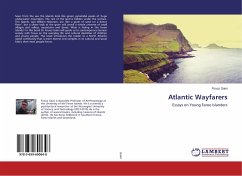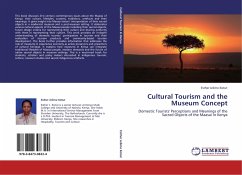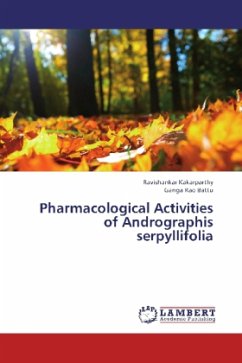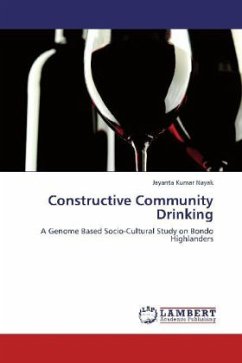The use of plant medicines is present in the lives of people since antiquity. Many medicinal plants can be fading (human actions) of our forests before being adopted as beneficial to humanity. It is likely that the incompatibility of dialogue between such knowledge may be contributing to the lack of appreciation of the use of medicinal plants in places like in the case of the village of Alter do Chão, located in the city of Santarém, the heart of the Amazon, and internationally known as the Brazilian Caribbean. Thus, this book comes with the intention of awakening the reader, especially the scientific community (bioproespectores, anthropologists, physicians, nurses, pharmacists and biochemists) the appreciation of the importance of breaking paradigms (pre-science and science) as a way of seek dialogue between scientific/modern knowledge with traditional and local knowledge of Amazonian peoples. Besides waking anyone else who might be interested and making use of medicinal plants in their daily life regarding the use of these, from the point, that the inappropriate use of plants can lead to poisoning, although these present the possibility of cure of diseases that afflict humanity.
Bitte wählen Sie Ihr Anliegen aus.
Rechnungen
Retourenschein anfordern
Bestellstatus
Storno








